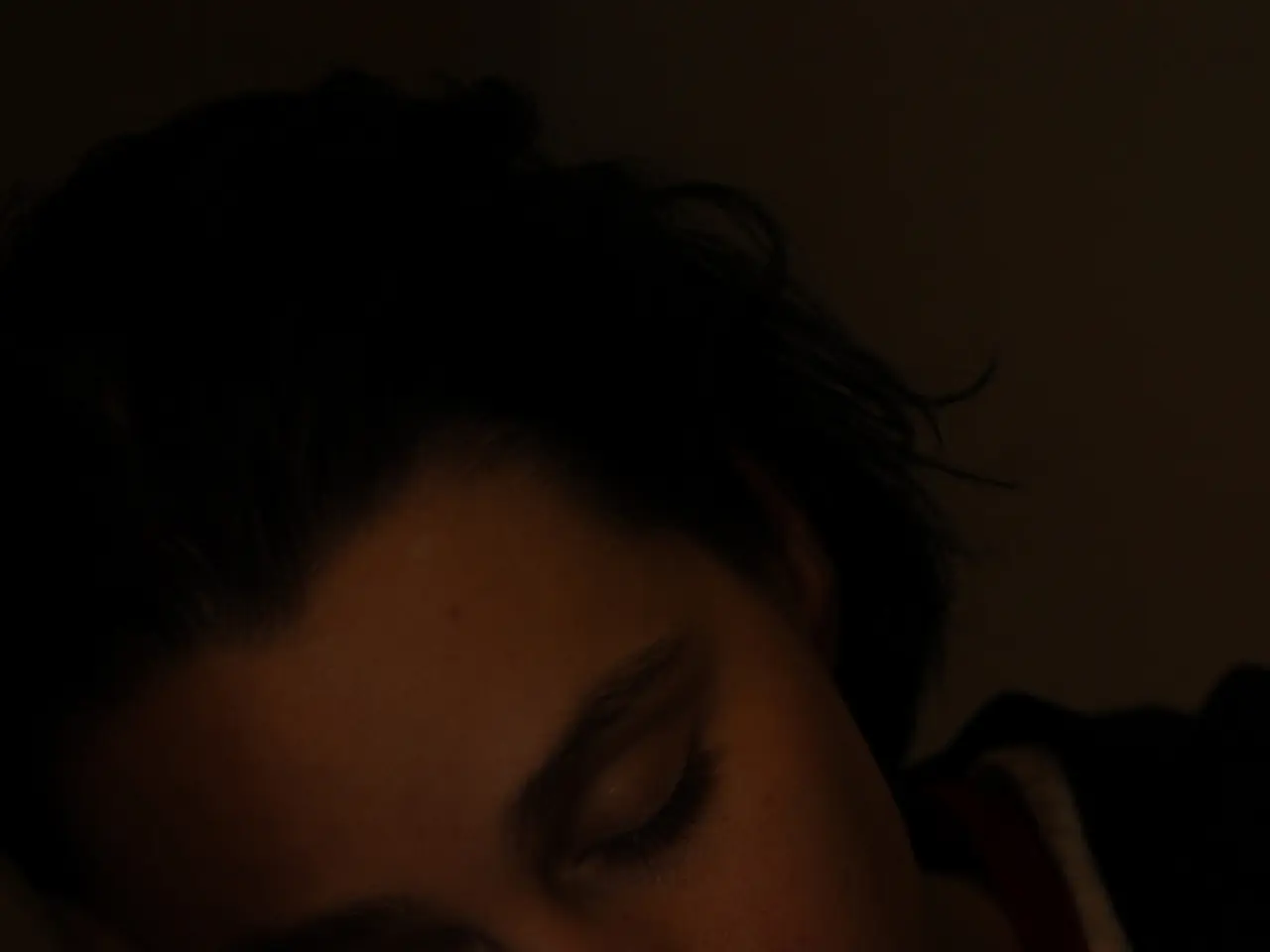Linking Sleep Apnea and Bipolar Disorder: An Examination
A growing body of evidence suggests a complex relationship between sleep apnea and bipolar disorder, with both conditions often co-occurring and significantly impacting an individual's overall well-being.
**Clinical Overlap**
Individuals with bipolar disorder frequently experience sleep disturbances, such as insomnia during depressive episodes and reduced sleep needs during manic episodes. Interestingly, sleep apnea, particularly obstructive sleep apnea (OSA), is more common in people with psychiatric conditions, including bipolar disorder, and can exacerbate both physical and mental health issues. OSA has also been linked to mood disorders like depression, which is a key feature of bipolar disorder.
**Neurobiological Links**
Neuroimaging research points to shared brain regions affected in both sleep disorders and psychiatric illnesses. Chronic sleep disorders, including OSA, are associated with structural and functional changes in the subgenual anterior cingulate cortex (sgACC), amygala, and hippocampus, regions also implicated in mood regulation and bipolar disorder. These changes are functionally linked to processes like reward processing and reasoning, often disrupted in mood disorders.
**Bidirectional Effects**
The relationship between sleep apnea and bipolar disorder is not one-sided. Bipolar disorder can lead to sleep disturbances, and untreated sleep disorders like OSA can trigger or worsen mood episodes in susceptible individuals. The chronic hypoxia and sleep fragmentation caused by OSA contribute to metabolic and neurochemical stress, potentially precipitating or exacerbating mood instability and cognitive dysfunction in those with bipolar disorder.
**Shared Risk Factors**
Several overlapping risk factors contribute to the coexistence of sleep apnea and bipolar disorder. Obesity, alcohol and tobacco use, chronic stress, mental illness, and metabolic disorders are all common in both populations, perpetuating a cycle of symptom worsening.
**Conclusion**
The coexistence of sleep apnea and bipolar disorder is driven by overlapping genetic, metabolic, and lifestyle risk factors, and mediated through shared neurobiological pathways. The bidirectional relationship means that each can worsen the course of the other, and effective management of one condition may improve outcomes in the other. Clinicians should screen for both conditions in at-risk individuals to enable comprehensive, multidisciplinary care.
Recent research has shed light on this surprising connection, offering hope for improved diagnosis, treatment, and ultimately, better quality of life for those who struggle with these interconnected conditions.
- For individuals battling bipolar disorder, self-care practices, including maintaining a healthy sleep schedule and addressing sleep disturbances, are crucial components of managing overall mental health and well-being.
- Since bipolar disorder and sleep apnea often co-occur, therapy sessions might involve discussions about sleep hygiene and the potential benefits of seeking professional help for symptoms of sleep apnea.
- Understanding the complex relationship between bipolar disorder and sleep apnea requires delving into the domain of psychology and neurology, with science offering valuable insights into the shared neurobiological links between these conditions.
- Effective treatment plans for people living with both bipolar disorder and sleep apnea may incorporate various medical-conditions management approaches, including therapy, medication, and lifestyle modifications to promote health and wellness.
- In the realm of health-and-wellness, it's essential for healthcare providers to recognize the coexistence of sleep apnea and bipolar disorder, as this knowledge enables them to deliver comprehensive, multi-disciplinary care that considers the complex interplay between these mental and neurological disorders.
- As research uncovers more about the shared risk factors and connections between bipolar disorder and sleep apnea, it paves the way for better diagnoses, improved treatments, and, ultimately, enhanced quality of life for those affected by these interrelated conditions.




